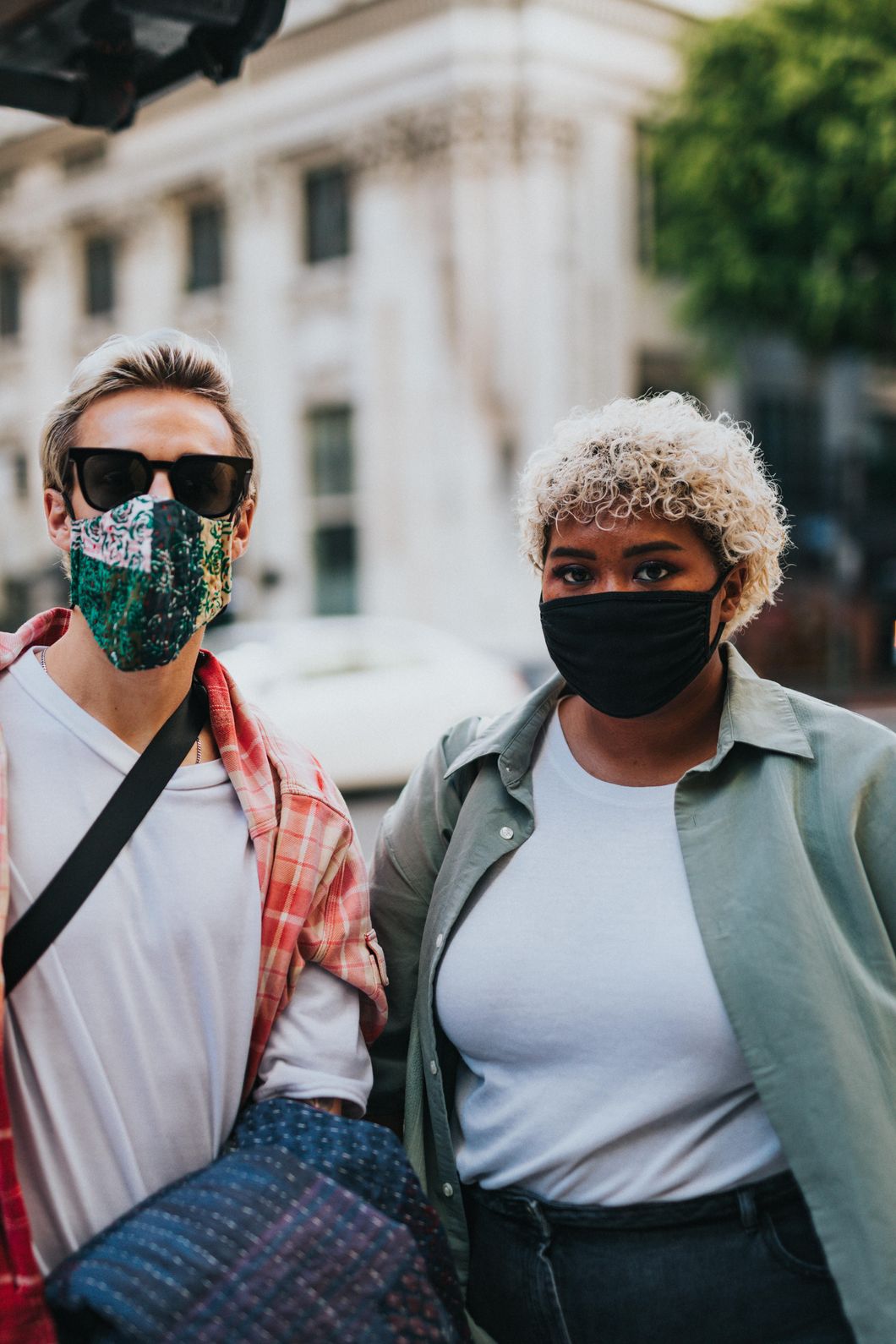January begins and the media spins with questions. Robert Hawkes finds himself being interviewed five, six times a day. 350 interviews later, Hawkes learns the right words to say. Professor Robert Hawkes has become Southwest Florida's go-to spokesperson in regards to knowledge about the COVID-19 pandemic.
"I really hadn't done much media until the past year. I had done a few interviews primarily on sunscreen, what happens when people get bit by a jellyfish. Little things like that," Hawkes said.
Hawkes started the physicians assistants program at Florida Gulf Coast University and currently works as the director of the program. The local media needed someone to speak to about COVID-19 in January. Hawkes was initially asked by FGCU if he would be willing to speak to a reporter about the subject.
"I said 'sure' and read up on it and became proficient," Hawkes said. "I did one and they liked it and said, 'Well, would you do another one?' Next thing I knew I was doing five or six a day."
Hawkes has previous experience in studying infectious diseases. He knew the reliable resources he could depend on to learn more about the coronavirus. This included speaking to several colleagues in Southwest Florida and others scattered around the country.
"[This allowed me to] gain further knowledge and their perspective of the situation as it was unfolding," Hawkes said.
His career changed dramatically once the media started relying upon him for information about the pandemic. By February, about half of Hawkes' time was spent interviewing for the media, mostly around the Southwest Florida region.
Hawkes has made appearances on media stations such as NBC 2, Fox News 4, Wink News, and FGCU 360.
"As the public is becoming more aware of the importance of overall health, health care workers have to keep reinforcing the topic of how we can we keep the public safe," Hawkes said.
Allison Kesler, a nursing student at FGCU, said she quickly had to become aware of the importance of public health within the last few months. "As a nursing student, I have realized the importance of keeping safe and healthy," Kesler said. "Even the smallest virus or infection can turn into something deadly quick, so it's important to take the necessary precautions to protect ourselves."
"Society will become better at assimilating to catastrophic situations, such as this pandemic," said Hawkes. "As a society, before COVID-19, we weren't used to wearing masks," he said. "We will start to manufacture more materials for public safety such as ventilators."
"The media has helped the public become more aware of the impact and consequences of the coronavirus, probably more than any other disease in history," Hawkes said. A detrimental effect of constant media coverage of the coronavirus is that people assume a cure for the virus will come sooner than it's able to.
While the media has helped the public to understand the coronavirus better, Allison Solis, a pre-med student at FGCU, states the media has exposed the ignorance people have in dealing with such a disease.
"I believe the most significant impact of the coronavirus upon society is the lack of understanding for not only Covid-19, but also infectious diseases in general. It has caused society to split into two different 'mentalities' on how to go about their day during a pandemic, such as the debate on whether or not to wear masks," Solis said.
"Understanding the virus and testing process does take time and society expects immediate results. Unfortunately, this has also become a very politicized issue," Hawkes said.
"The media adds anticipation to the end of the pandemic with the statement that we are living in a time of uncertainty," according to Solis.
"I understand that Covid-19 is a brand-new virus to the human population, but it is not the first coronavirus that we have come across. I feel like using the word 'uncertainty' creates an unnecessary uneasiness in people that some will have trouble dealing with," Solis said.
While many are hoping for an end to the virus, Hawkes noted that despite the fact that this is the quickest we've ever been to having a vaccine available for public distribution, it typically takes four to five years for a vaccine to be ready for public distribution in a normal distribution process.
Solis states the advances of science and technology in manufacturing the vaccine shouldn't be a surprise. "Since this isn't the first coronavirus outbreak, scientists automatically have some background knowledge on Covid-19, which is why certain vaccine candidates were able to get a 'head start' on making the vaccine," Solis said.
"Another pandemic is inevitable," Hawkes said. During the coronavirus crisis, we have gotten used to adapting to regulations, such as social distancing and wearing masks. Hawkes states that because these regulations have become normalized, society will become better when adapting to regulations during future pandemics.
"If you're concerned [with the virus], it's up to you to take the initiative to stay safe," Hawkes said.

















